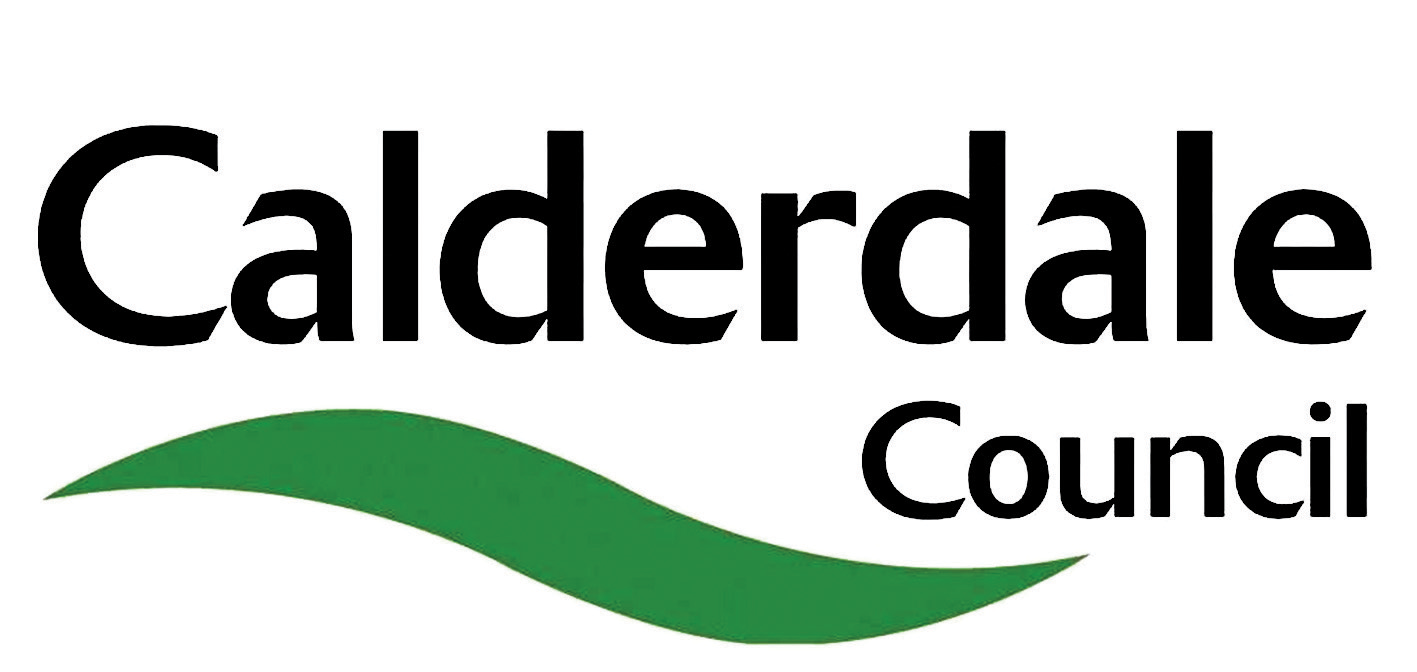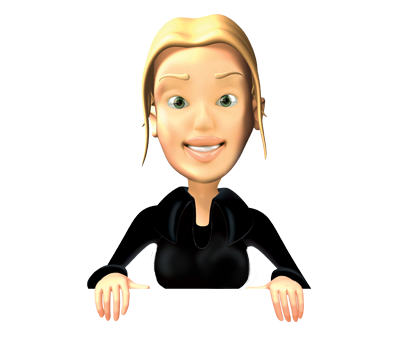All babies cry, especially in the first few weeks after birth. Crying is their way of letting you know they need something or are uncomfortable. They may need changing, they may be hungry or just need a cuddle. Whether you are bottle feeding or breastfeeding, always burp your baby after a feed as this will help. To burp your baby, sit your baby upright or hold them against your shoulder and gently rub their back and tummy until they burp. They may vomit a small amount of milk when you do this.
Early signs that your baby may be hungry are things like putting their hands to their mouth, becoming restless and stretching. By recognising these cues you may avoid hunger crying altogether and the need to calm baby down before a feed. Your baby may be crying because they need a cuddle and want to be close to you.
If you feel you can’t cope with your baby’s crying, make sure baby is safe - like in a cot or pram, leave the room and calm down for a few minutes. It can help to talk to other parents and your health visitor. For more information and tips on ways to soothe your baby visit www.copingwithcrying.org.uk or www.cry-sis.org.uk 08451 228669.
Colic
If your baby cries suddenly and often, but they otherwise appear to be happy and healthy,
they may have colic. Colic is common and although uncomfortable it is not serious and
usually affects babies only in the first few months of their lives and improves on its own.
The most common symptom of colic is continuous crying, which typically occurs in the late
afternoon or evening. Other signs include a flushed appearance, drawing their legs to their
chest, clenching fists, passing wind and trouble sleeping. Your local pharmacist may be
able to supply over-the-counter medicine to help relieve pain from colic which may be
caused by swallowing air (trapped gas).




